Czech novelist Jan Němec put the light into words, and recreated a photographer’s attempts, with more or less success, to capture moments. The protagonist of the biographical novel is František Drtikol, known as photographer and Buddhist teacher in the Czech Republic. How come that someone who used to rule and utilise the light suddenly experiences enlightenment and lets his previous life goals go? This is what I asked the novel’s writer about, and I also got answers to other questions as well…
Imagine someone who has no idea about who František Drtikol is. How would you describe him to this person, what would be the most important part of Drtikol’s character or life work that you definitely want to mention?
Drtikol was a lifelong seeker. He did not stop pushing limits through his life. It applies for both his photograph career and his spiritual jurney. He was experimenting all the time – with photographic techniques, then with his own mind. He was not satisfied with what he had achieved, and this tray of character leads him towards new areas. He was looking for some realm of ideas in the platonic sense.
Why did you decide to write a biographical novel about him?
I was interested in that borderland between art and direct inner experience. It was not so populated area in 20th century among the artists, but Drtikol was one of the true natives. Art always needs some symbol and medium, but there is a point you have to abandon it. At least this was Drtikol´s view. So he gave up photography and turn to mysticism in his forties. This was interesting for me from the very beginning – you exhibit on four continents, you are famous, but you leave it behind. What for? Why?
What were your main ressources for the novel? Did you manage to talk to people who still knew Drtikol personally?
I believe it is not such a difference if you have to create character or if your character is based upon a real person. Of course I studied exceeding amount of literature about Drtikol, I read his diaries, I was deeply immersed in his photographic work, but once you start to write a novel, it has its own pace and its own demands that you are responsible to. So my Drtikol ̶- but this stands for the whole novel ̶ is some mixture of facts, interpretations and fiction. My principle was not to change anything you can verify or source, but there is a lot of whitespace in Drtikol´s life that will probably never be clarified, so it was chance for me to fill it with fiction. Unfortunately, there are is very few people who knew him personally nowadays. He died 55 years ago.
Can you show us photos from Drtikol’s collection that gave you a special amount of inspiration or that you personally like very much? Why are these important for the novel and/or for you?
There are so many photos I like. For example this one:

Drtikol was famous mainly for his nudes, in fact he was the very first who exhibited any nude publicly in Bohemia. It was scandalous, but as you can see, Drtikol was not a pornograher. He took some very erotic pictures, he was accused of blasfemy time to time, but his main aim was different. Nowadays nakedness is closely associated with sexuality, we have all that magazine covers, fashion business, advertising etc, which all together corrupt our relatinship with pure beauty. For Drtikol, body was an expression of something else rather than object of desire. You can see that configuration of this picture is strictly symbolic: there is some higher self that holds the lower personality. And this is probably the most famous Drtikol´s nude, it is called The Wave and you can read about it in my novel:

Drtikol managed to represent female body in a unique way. What can be a possible reason that he had such a bad luck with women in his private life?
His concept of femininity was highly idealized. It took some time in his life to see the real woman, not a fairy on one side or a vamp on the other. He had a lot of experiences with his models, but that was an esthetic experience, not an existential one. So he was easily
disapointed – and that is of course disapointing for women.
This “story of light” is also the story of a spiritual enlightenment. How can one follow another deceased person’s spiritual journey? Did it also influence the way you yourself see the world?
I am a writer, I am not his spiritual pupil. I know some of them and they usually have quite specific concept of him. If Drtikol idealized women, they idealize him. Neverthelles, this is an interesting qustion, if you can follow anyone´s spiritual jurney. There is a lot of usuful advices, but maybe the most usuful one is this: don´t follow them too strictly. I mean there is a lot of paths to the truth, but the truth itself is the land without paths.

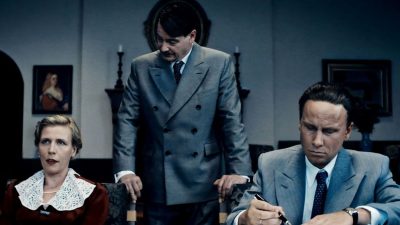
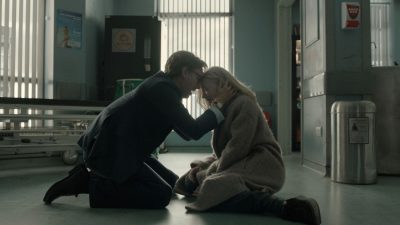
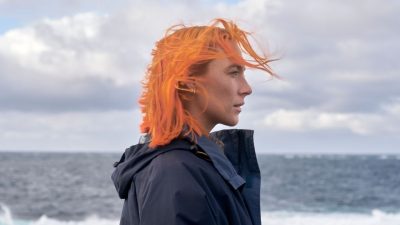

















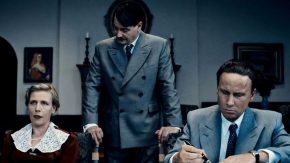
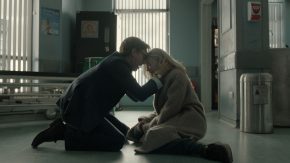
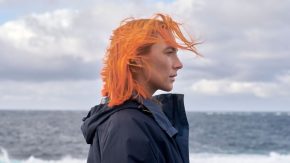
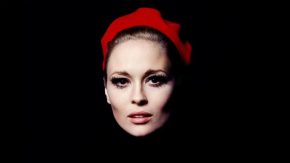
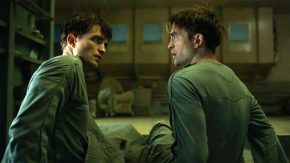
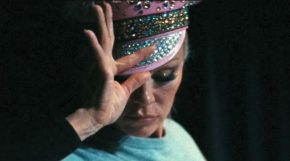
Comments